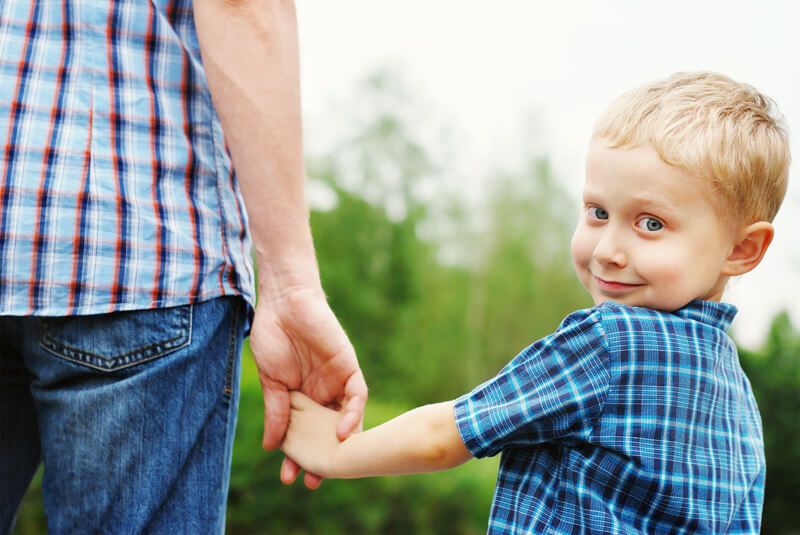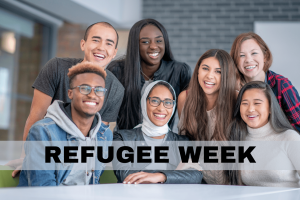Coping with the impact of domestic violence

When Helen made the decision to build her family through adoption, her personal experience of domestic violence led her to Lee – a little boy struggling to cope with the terror of his early experiences……..
As a single woman looking to adopt a child between the ages of four and seven, it didn’t take long to find a little boy of six who needed a new mummy. He was near the top of my age range and had been overlooked by many adopters due to his lack of speech, but that didn’t put me off. What really drew me to Lee was his vulnerability. He had been diagnosed with global developmental delay and had a Statement of Special Educational Needs at school. He was described as having speech and language delay due to neglect; he hadn’t been spoken to at home and was not taken to Speech and Language Therapy (SALT) when referred to by the health visitor. In fact, he had no speech at all when he came into care, just grunts and noises.
It was the fact that he was removed due to domestic violence (including threats against his and his siblings’ lives) that made me feel I could offer this little boy a safe future with lots of love and support to reach his full potential. The chronology of Lee’s life revealed that although a serious incident led to his final removal, there was a also a catalogue of five years of incidents; each time the family had been given “another chance” in an effort to keep them together. These five years have probably caused the most damage, and I see it in my son’s behaviour most days.
My whole family has been touched by domestic violence for at least three generations, so I knew how important it was to break the cycle for him; I’m aware of the impact it can have on families and child witnesses who often recreate their experiences in their future relationships. It was also obvious to me that I would understand some of Lee’s difficulties and why he would behave as he did because I recognised that some of my own anxieties and feelings were due to the violence I had witnessed or experienced. After years of counselling I understood myself and hoped that I could help him to do the same.
Lee’s anger has been the hardest thing to deal with. Anger at his past and the birth parents who let him down so badly that he had to be removed for his own safety. That anger has always been directed at me, his mum who wasn’t there in the past but will always love him whatever verbal abuse he throws at me. That to me is the most important thing he needs to know – that I love him enough to forgive him but also to help him so that his rages decrease and he can better verbalise his distress in the future.
It’s hard to stand and listen to how useless I am, how stupid, how much he hates me, how I should put him back in care because I don’t love him and how he’s leaving at 16 to live on his own. His speech has improved enough for him to swear at me clearly and in context when he is angry with me and the world, although I know the person he is angry with is his birth mother.
The best thing for me about being a mum is knowing that I have made a huge difference to little boy who was getting too old and with too many issues for most would-be adopters. In the early days, I’d just be rushing around and getting on with the day-to-day stuff, with no time to stop and think, and sometimes perhaps that’s the best way. If you analyse everything, if you don’t remember the good times when things get tough, then you get stuck in a negative cycle of not being able to see how far your child has come. Although progress might be little and slow, it’s still progress. I’m really proud when people say to me, ‘You’ve done great, he’s a credit to you’, because he is and I know that, but it’s nice when other people see it too. I’m so proud of all that Lee has achieved and what he’s overcome to get there.
Would I do it again if I knew how it would be? Most definitely! It’s been the hardest thing I have ever done in my life but also the most rewarding. Adoption has allowed us both to fulfil our hope for the future, mine of being a mum and his of a “new mummy” who will keep him safe and love him forever.









![FireShot Capture 130 - Mail - Heena Thacker - Outlook - [outlook.office.com]](https://sunbeamfostering.com/wp-content/uploads/2018/10/FireShot-Capture-130-Mail-Heena-Thacker-Outlook-outlook.office.com_.png)

